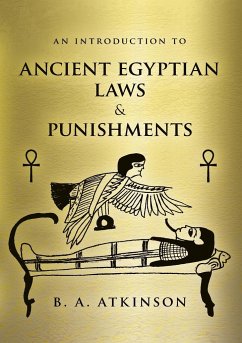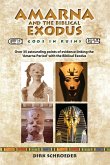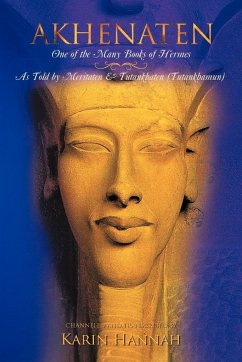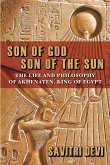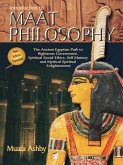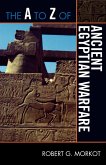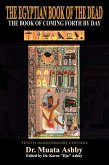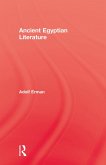Ancient Egyptians were ruled by a pharaoh whose word was law and it was the law of Maat whom all Ancient Egyptians lived by, including pharaoh. Maat's laws were quite simple and very much inline with the ten commandments. For instance, do not lie but be truthful in words and deeds, be a moral person, do not steal, but the worst offence is murder and desecration of a pharaohs tomb. The book contains various stories of suspected murder, actual crimes which were committed, the people who were suspected of the offences and in some cases, the punishment or punishments which were meted out to them. These crimes and punishments are evident in texts, court manuscripts and other sources, some of which have been used in this book. As with numerous religions, ancient Egyptians believed in an afterlife. But to enable a person to enter eternity, they must pass the test of the weighing of the heart in the Hall of Judgement also known as the Hall of Truth. Many of the Gods and Goddesses were identified by their headdress, crowns etc, and Maat was identified by the feather on her head, and like her sister Isis, by the wings on each arm. It was this feather, weighed against a persons heart which decided whether or not the deceased had led a good life enabling them to enjoy an afterlife. This book would be helpful to any student of Egyptology.
Hinweis: Dieser Artikel kann nur an eine deutsche Lieferadresse ausgeliefert werden.
Hinweis: Dieser Artikel kann nur an eine deutsche Lieferadresse ausgeliefert werden.

